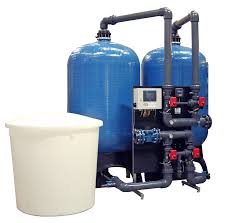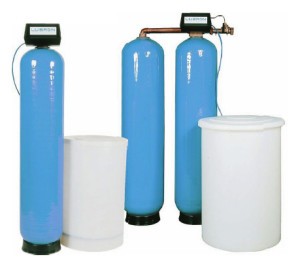If you have hard water in your home, this means that it contains dissolved minerals like magnesium, calcium carbonate, and manganese. Even though they do not harm your body, their residue accumulates over time in appliances and pipes in your home. Scale as a result of buildup can make pipes clog. This will shorten the life of pipes and various appliances such as water heaters. Therefore, you need a water softener, which helps dissolve minerals. It can also cut on the impact of scale buildup. The Best Water Softener Systems Reviewed and Compared can help you choose the right one. The following are things to consider:
Tips for purchasing a water softener
Measuring water hardness
When buying a water softener, you should know the extent of water hardness first. You can purchase a home test kit to help you. For a strip test, water changes color as an indication of hardness. The kit comes with color-coded bar, which indicates the degree of hardness.
Capacity and Size
You should purchase a water softener that is large enough to handle needs of your home. The unit exchanges salt that is available in the form of dissolved tablets. The unit needs to recharge itself on a regular basis to remove minerals, which it collects. This cycle should repeat every three days. Therefore, your unit should be large enough to water for the whole family during that period.
Dual tank systems
In most cases, regular water softeners have a tank, which contains materials, which removes minerals from water before it is stored in the tank. In this case, soft water flows out of the tank as hard water gets in. It is advisable to install a dual tank system, which keeps softened water available in plenty at all times. If you have a small-sized family, you need small tank capacity as it is more economical as compared to installing over-sized units.
Saltless water softener
Although  the amount of salt, which is added to the water supply is quite minimal, if you are monitoring your salt intake, you should consider buying a saltless water softener. In this case, one that uses potassium chloride is the best option. Also, reverse osmosis filters can eliminate salt from water.
the amount of salt, which is added to the water supply is quite minimal, if you are monitoring your salt intake, you should consider buying a saltless water softener. In this case, one that uses potassium chloride is the best option. Also, reverse osmosis filters can eliminate salt from water.
Nowadays, there are electronic or magnetic water softeners, which change magnetic properties of minerals as they pass without leaving scales buildup. However, their effectiveness has been disputed.…

